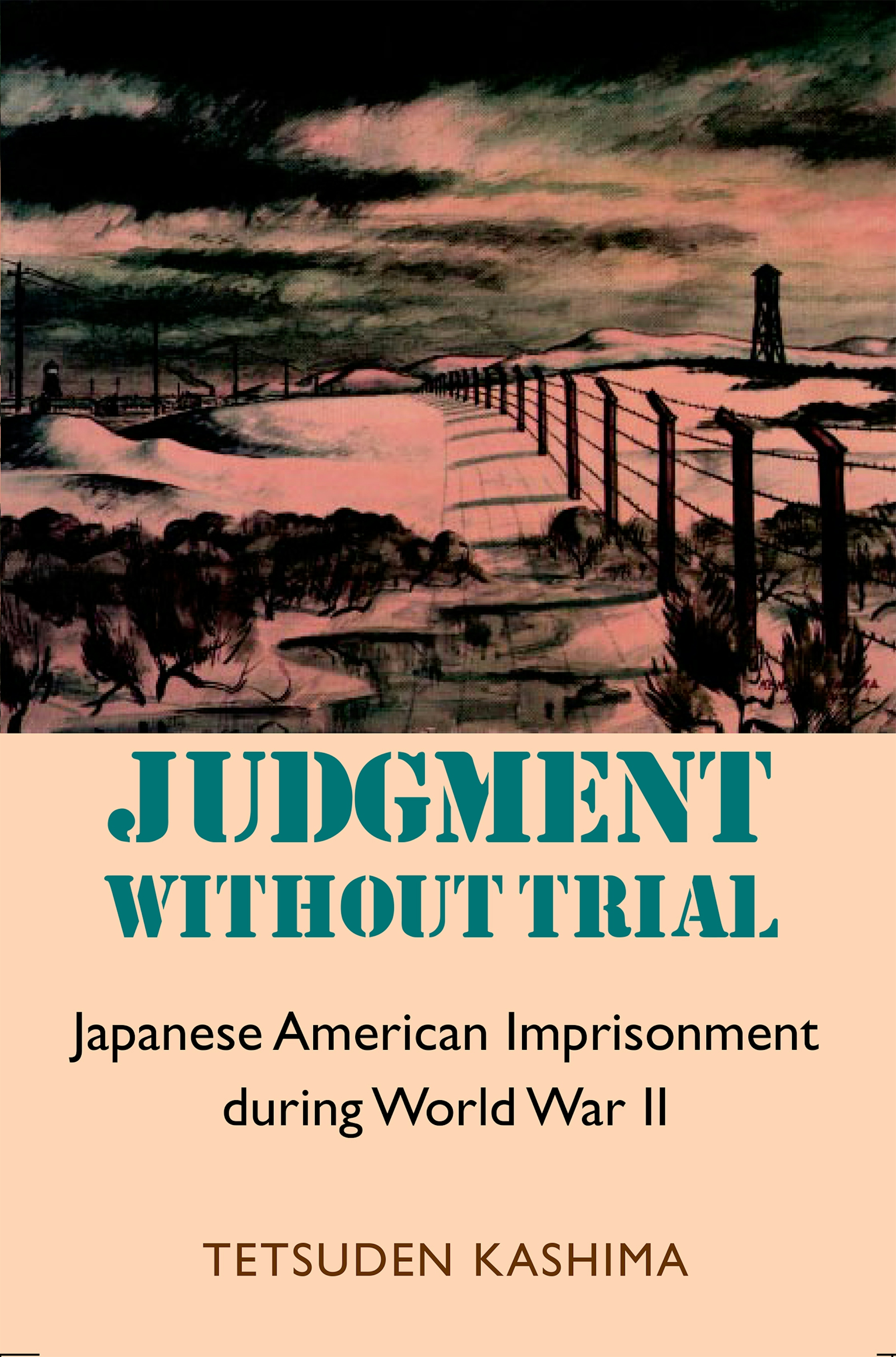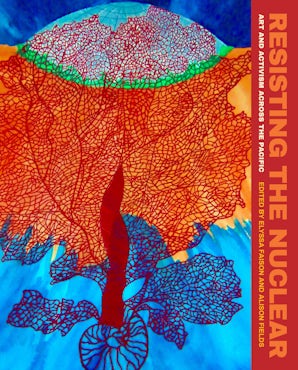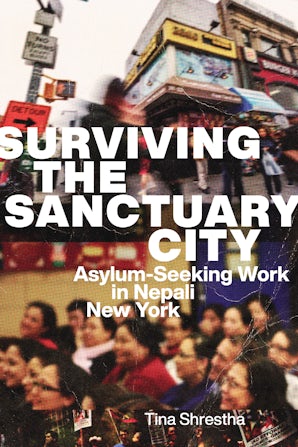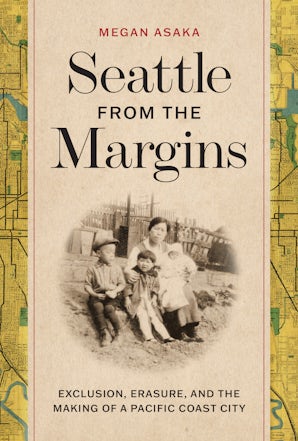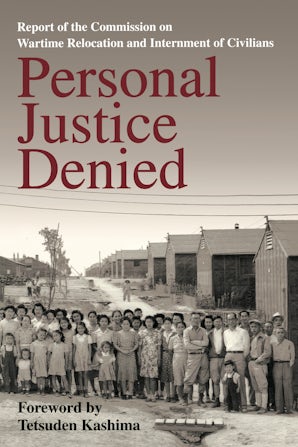"Kashima's much-needed and well-received volume examines, in well-documented details, the complex, and often insidious, military and governmental bureaucratic jostling for power and position, and the decision-making process that forced thousands—17,477—of Japanese Americans to be imprisoned.."
-
Journal of the West
"This book lucidly delineates the complicated history of these camps that held Japanese Americans, alien Italians and Germans, and Latin American Japanese. . . . Judgment Without Trial, by telling how it happened 60 odd years ago, reminds us of the government’s ability to harm people by subverting the liberties Americans hold dear."
-
International Examiner
"This dense scholarly exploration of the experiences of World War II internees, and in particular of the directives and procedures that governed the internment process, is of particular interest because, unlike many books on the subject, it contains a detailed study of the process as it occurred outside the contiguous United States."
-
Advertiser
"This is a rich, meticulously researched, and vitally important book. Combining what might be called standard political history with social history and case studies, he explains, in considerable detail, the administrative process for determining who would be relocated and where and the operations of the federal agencies responsible for turning these plans into reality. . . . Kashima’s prodigious research and well-honed arguments speak for themselves—and speak to recent developments and the question of when justice for all is justice only for some."
-
Pacific Northwest Quarterly
"Readers familiar with the literature on the imprisonment will appreciate both Kashima’s painstaking research and his ambitious effort to describe the imprisonment in all its dimensions. Judgment Without Trial proves that the imprisonment was not an act of wartime hysteria. Instead, it was thoroughly planned. . . . Kashima’s book also makes clear that Nikkei had to confront—usually without legal counsel—a bewildering array of federal agencies in their efforts to secure their rights."
-
Western Historical Quarterly
